First Metro, Cricket and Straight Talk network speed tests hint why their plans come cheaper
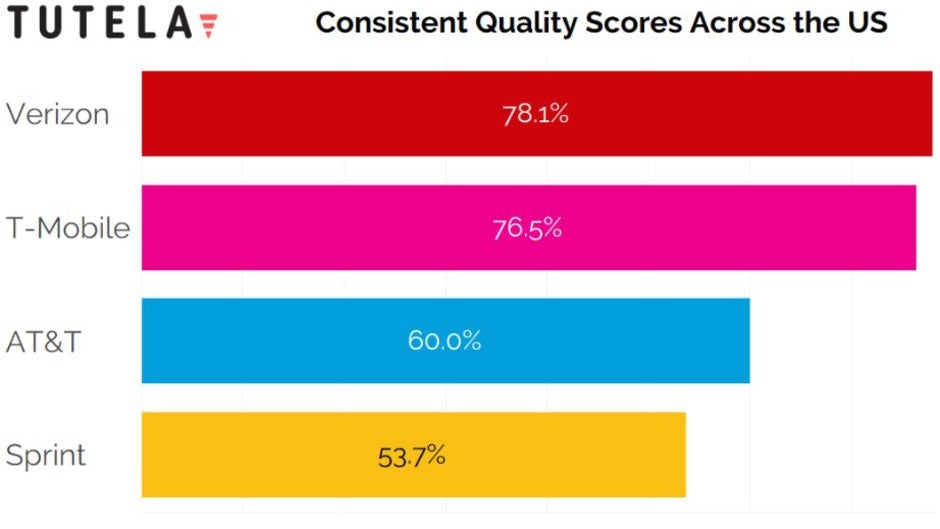
Hot on the heels of the P3 engineering consultancy group testing Verizon's network as the best overall performer in the US, now comes another top score for Big Red, this time from Tutela.
The firm does crowdsourced network testing, but not with a single speed-measuring app, but rather in partnership with popular app developers. Thus, its testing software works in the background to gauge loading and latency performance of apps that the test subjects use every day, relaying a real-life performance indicator, rather than an isolated speed score.
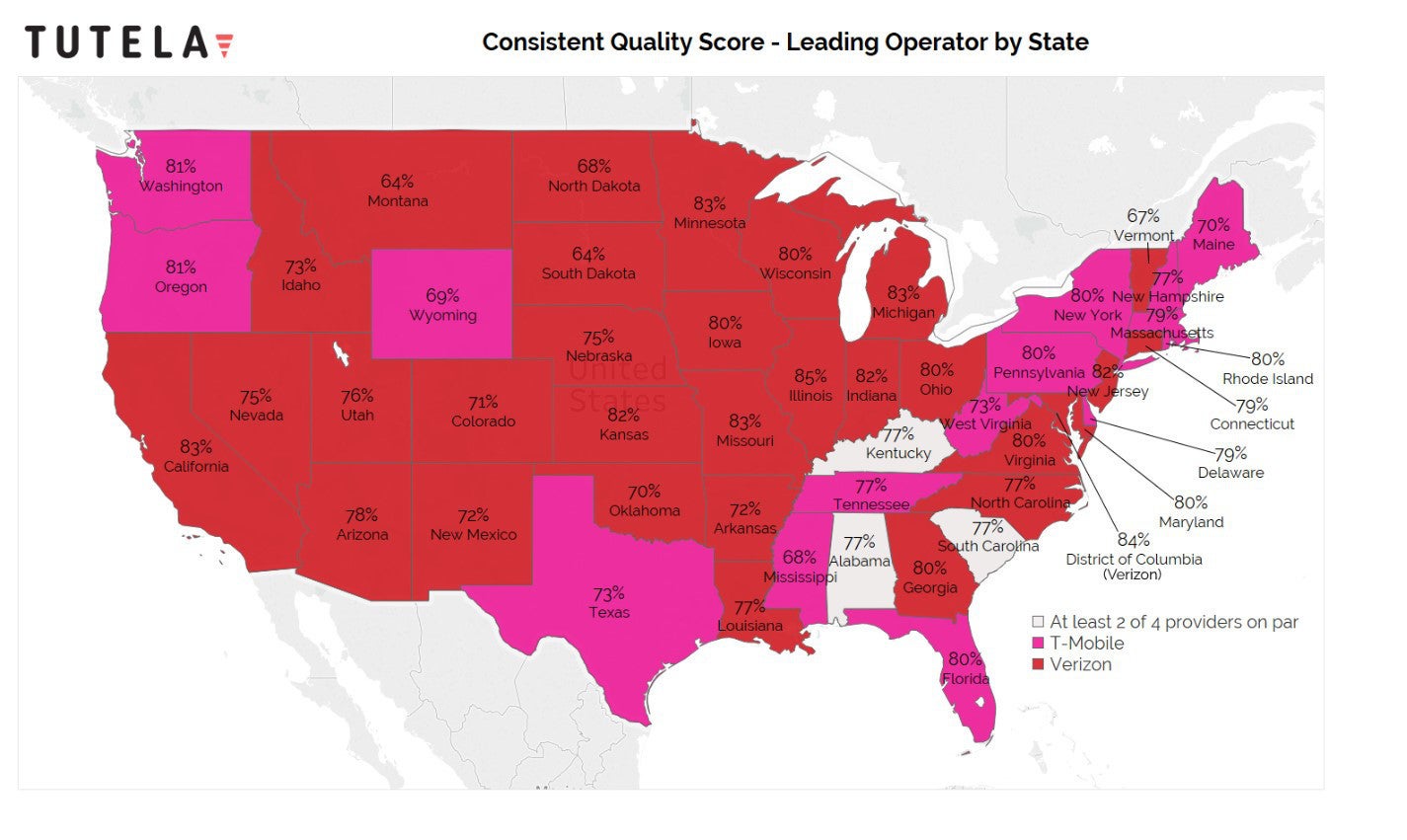
With more than 240 billion network measurements from 2.8 million American handsets taken by the end of August, and 11 million speed tests, the state of the US carrier networks has leaned in Verizon's direction.
Big Red took the consistent quality award and T-Mobile came second with the biggest network imporvementyear-on-year. AT&T's performance in the big cities was behind the top two, but in rural areas it's second only to Verizon's. Sprint has seen the greatest leap forward in download latency, but overall speed and coverage lack compared to the big three.
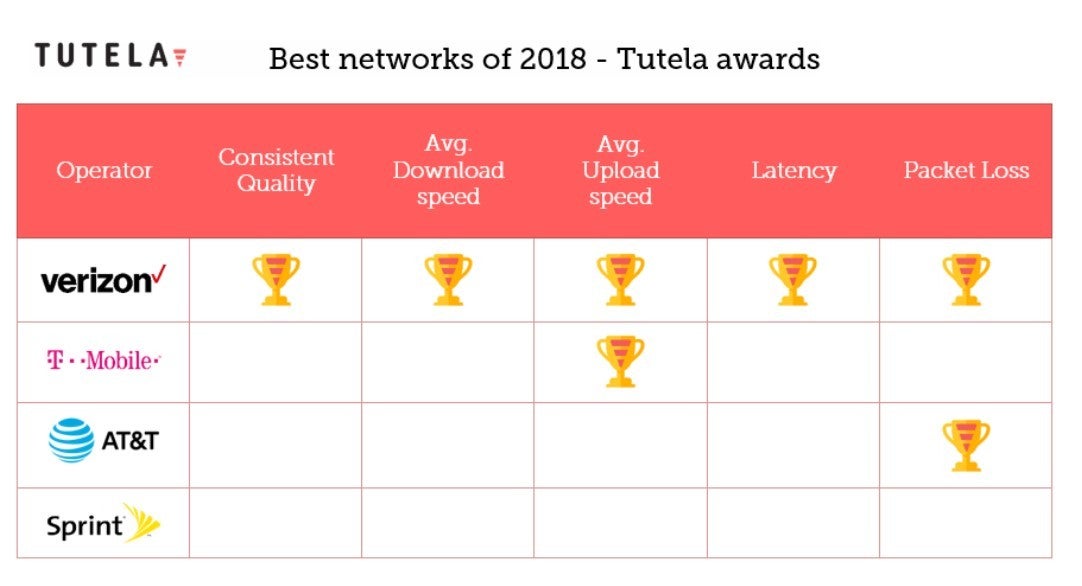
So far nothing groundbreaking that hasn't been tested numerous times before, but one of the key metrics caught our attention. Virtual operators like Cricket, Metro by T-Mobile, Straight Talk and Boost, offer on average 23% slower speeds than the host carrier networks they leech from. This fact, and the thinned-out extra services they offer in their plans somewhat explains the lower price tags that attracts people to their offerings.
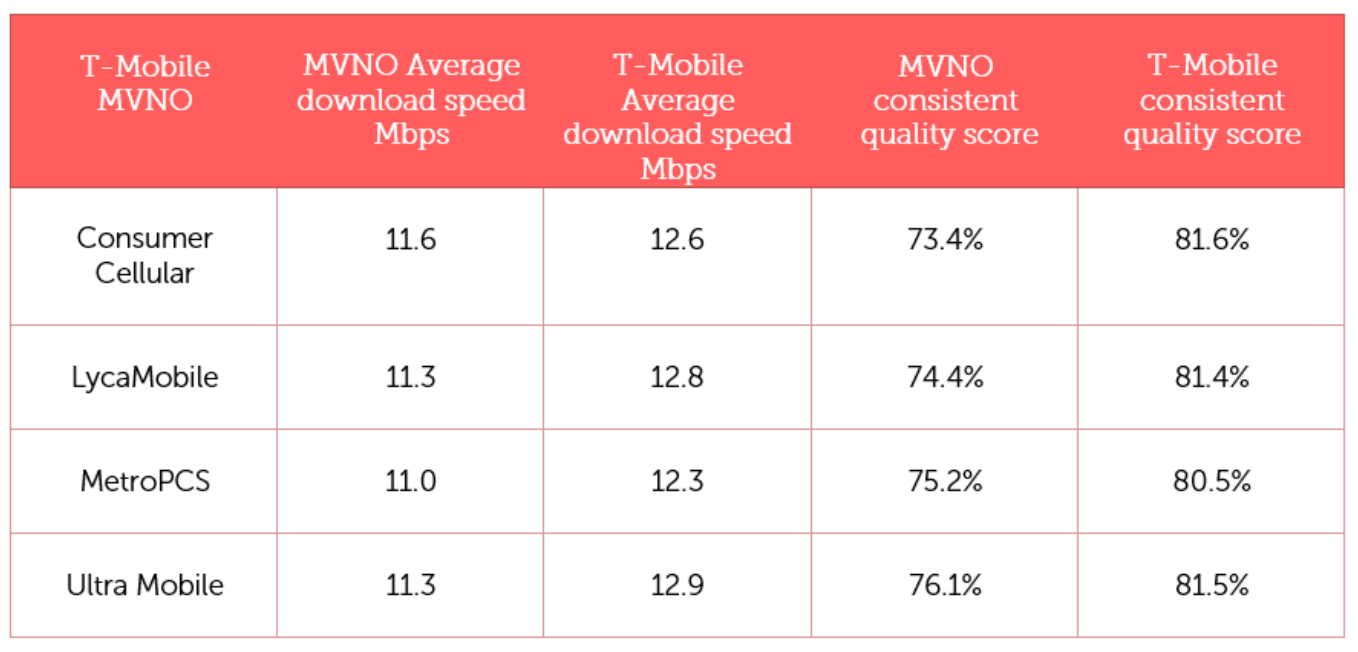
Follow us on Google News






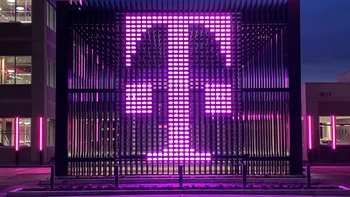






Things that are NOT allowed:
To help keep our community safe and free from spam, we apply temporary limits to newly created accounts: